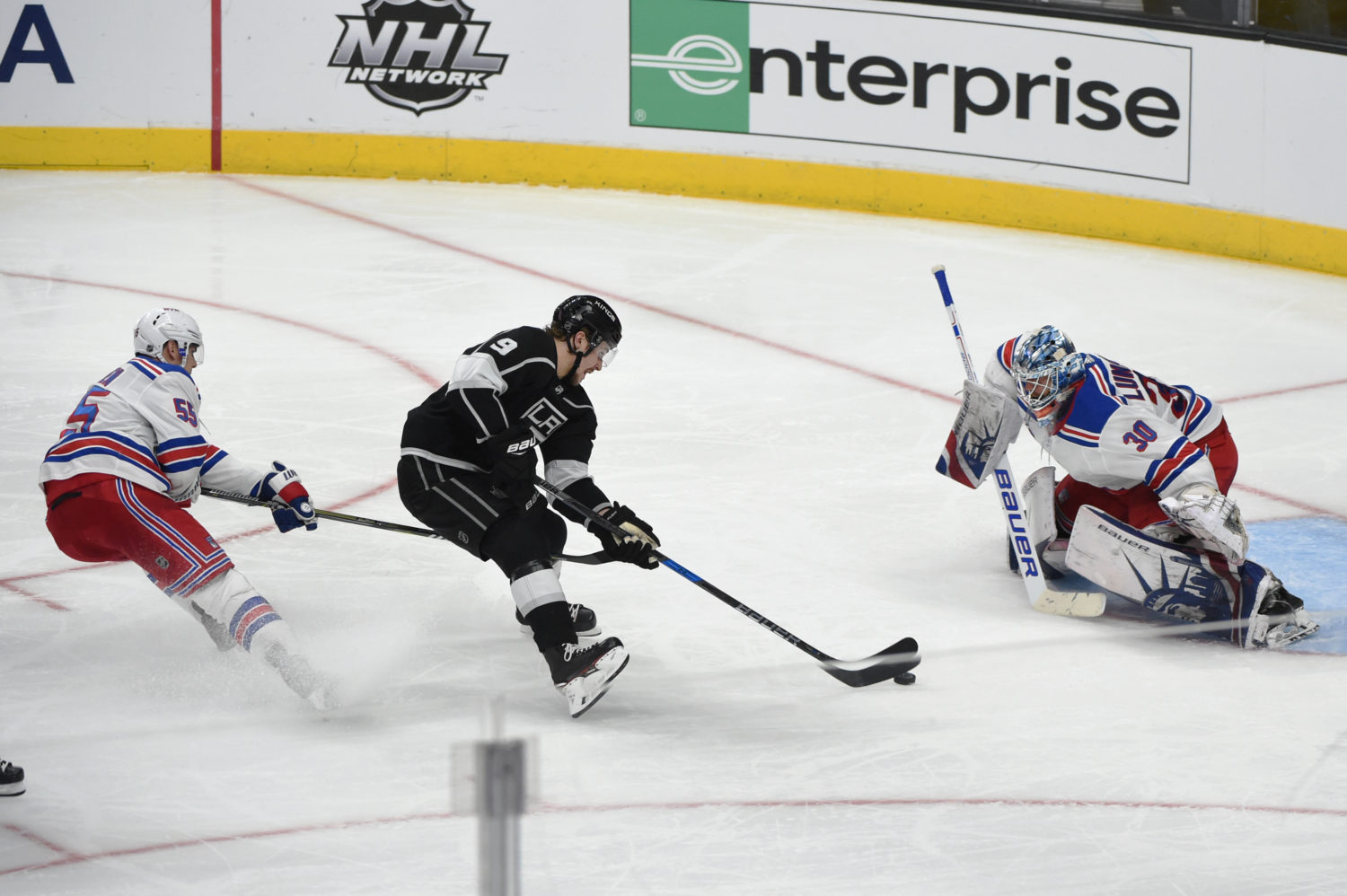
Kings-Spurs Tussle Erupts: Starter’s Finger Flap Forces Ejection
In a contentious Western Conference clash, the Sacramento Kings and San Antonio Spurs engaged in a heated altercation that resulted in the ejection of Kings’ starting forward, Harrison Barnes. The incident, which occurred during the fourth quarter of a closely contested game, has sparked widespread discussion and ignited a debate about the complexities of emotions and sportsmanship in professional basketball.
The Incident: A Finger Flap Forcing Ejection
With approximately six minutes remaining in the fourth quarter and the game tied, Barnes and Spurs forward Keldon Johnson became entangled in a physical altercation that escalated quickly. Replays showed Barnes flicking his finger in Johnson’s face, a gesture that was deemed by referees to be a “flagrant foul 2” and resulted in an automatic ejection.
Barnes’ Response: Apology and Regret
Following the game, Barnes issued an apology, expressing regret for his actions. “I let my emotions get the best of me in the heat of the moment,” he said. “I want to apologize to Keldon, the Spurs organization, and the fans. That was not the way I should have reacted.”
Perspectives on the Ejection
Kings’ Perspective: Harsh Punishment, Game-Changing Moment
Kings head coach Mike Brown expressed frustration over Barnes’ ejection, calling it a “mistake” by the referees. He argued that Barnes’ gesture was not intended to provoke Johnson and that the punishment was too severe, especially given that the game was on the line.
Spurs’ Perspective: Respect for the Game and Code of Conduct
Spurs head coach Gregg Popovich took a different stance, emphasizing the importance of upholding the game’s code of conduct. “Players need to be held accountable for their actions,” he said. “There’s no place for that kind of behavior in basketball. We need to respect each other on and off the court.”
Fan Reactions: Divided Opinions
Fans took to social media to express their opinions on the incident. Some supported Barnes, arguing that he was provoked and that the ejection was unfair. Others condemned his actions, believing that he should have been punished more severely.
Emotions in Sports: A Double-Edged Sword
The Kings-Spurs altercation highlights the complex role of emotions in sports. While passion and intensity can fuel competition and enhance the fan experience, they can also lead to uncontrolled actions and unsportsmanlike conduct.
Positive Impact of Emotions: Unleashing Potential
Research suggests that moderate levels of anger and aggression can enhance performance in some sports, particularly those that require physical intensity and quick decision-making. Emotions can provide a surge of energy and focus, helping athletes push their limits and compete at their best.
Negative Impact of Emotions: Crossing the Line
However, when emotions become excessive or uncontrolled, they can have detrimental effects on performance and sportsmanship. Intense anger or frustration can cloud judgment and lead to irrational or aggressive behavior that damages relationships and undermines the integrity of the game.
Balancing Emotions and Sportsmanship
Finding the right balance between passion and control is a crucial challenge for athletes and those involved in sports. It requires:
Self-Awareness and Emotional Regulation
Athletes need to be aware of their triggers and develop strategies for managing their emotions effectively. This includes techniques such as deep breathing, positive self-talk, and mindfulness.
Respect and Empathy for Opponents
Sportsmanship requires respecting opponents, regardless of the intensity of competition. Athletes should strive to understand that their opponents are also human beings and that there is no place for physical or verbal abuse.
Role of Officials and League Discipline
Officials have a responsibility to maintain discipline and ensure that the game is played fairly. Consistent and judicious enforcement of rules is essential for deterring unsportsmanlike conduct.
Conclusion: A Lesson in Sportsmanship and Emotional Control
The Kings-Spurs altercation serves as a reminder that emotions in sports are a double-edged sword. While they can ignite competition and enhance the fan experience, they must be managed responsibly to prevent uncontrolled actions and unsportsmanlike conduct. By fostering self-awareness, empathy, and respect, we can promote a culture of sportsmanship that values both passion and fair play.












